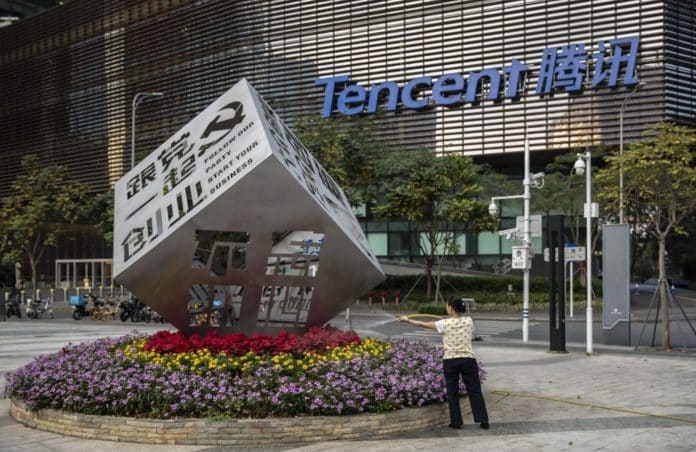Tencent Acquires ‘Wake Up,’ the Japanese gaming studio behind Nintendo Switch titles, for $44 million.
Wake Up is the parent company of Tokyo-based Soleil, which worked on the Nintendo Switch bestsellers Ninjala and Travis Strikes Again: No More Heroes.
Tencent, the Chinese games and messaging behemoth, has purchased the Japanese creative studio behind numerous blockbuster Nintendo Switch games, according to a report released on Friday, as it looks to rebound from a government crackdown on the gaming industry.
According to Bloomberg News, Tencent has acquired a 90% share in Wake Up Interactive for more than JPY 5 billion (approximately Rs. 326 crores), citing unnamed sources familiar with the arrangement.
According to Bloomberg, Wake Up owns Tokyo-based Soleil, which worked on Nintendo Switch bestsellers Ninjala and Travis Strikes Again: No More Heroes.
Tencent’s profitable gaming empire has been hit by a governmental regulatory crackdown that has limited the amount of time schoolchildren are permitted to play games.
Players under the age of 12 are no longer able to make in-game purchases, and those under the age of 18 are locked out of games after two hours on holidays and one hour on school nights.
As part of a larger crackdown on internet firms, regulators have postponed permits for new games.
According to Bloomberg, Tencent’s purchase of Wake Up in September was one of many partnerships the company has made with privately-held game developers in Japan this year.
According to Bloomberg, Tencent announced earlier this week that sales increased 13% in the third quarter of this year, the slowest rate since the business went public in 2004.
Several Chinese video game companies, including Tencent, pledged in September to better regulate their products for “politically damaging” content and implement age restrictions for younger gamers.
Tencent was also ordered by the market regulator earlier this year to give up its exclusive music label rights, claiming that it had broken antitrust regulations.









